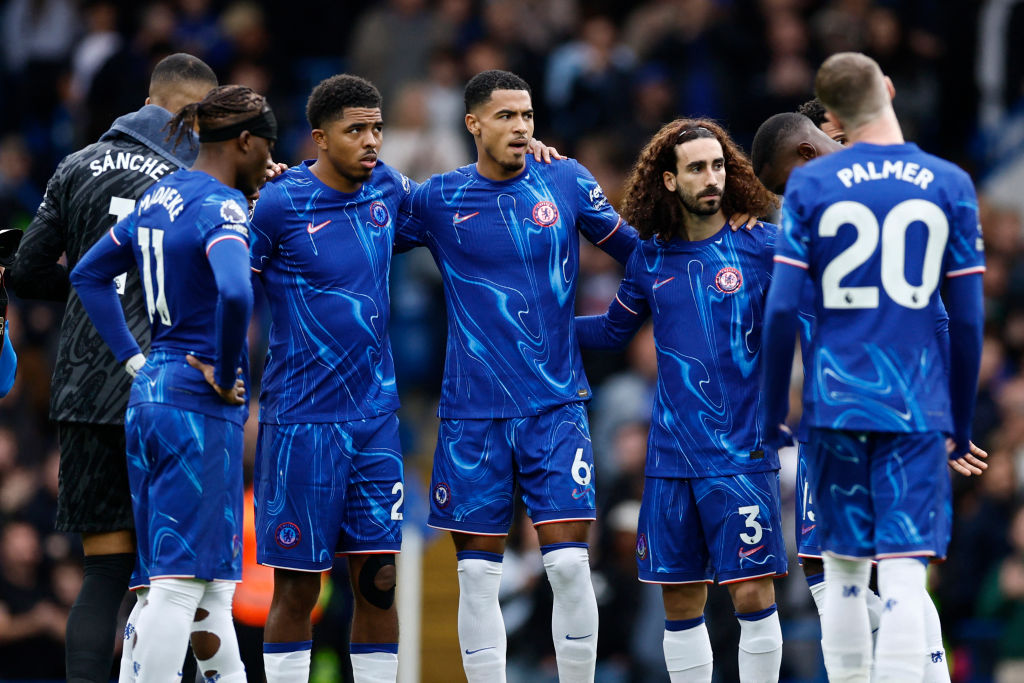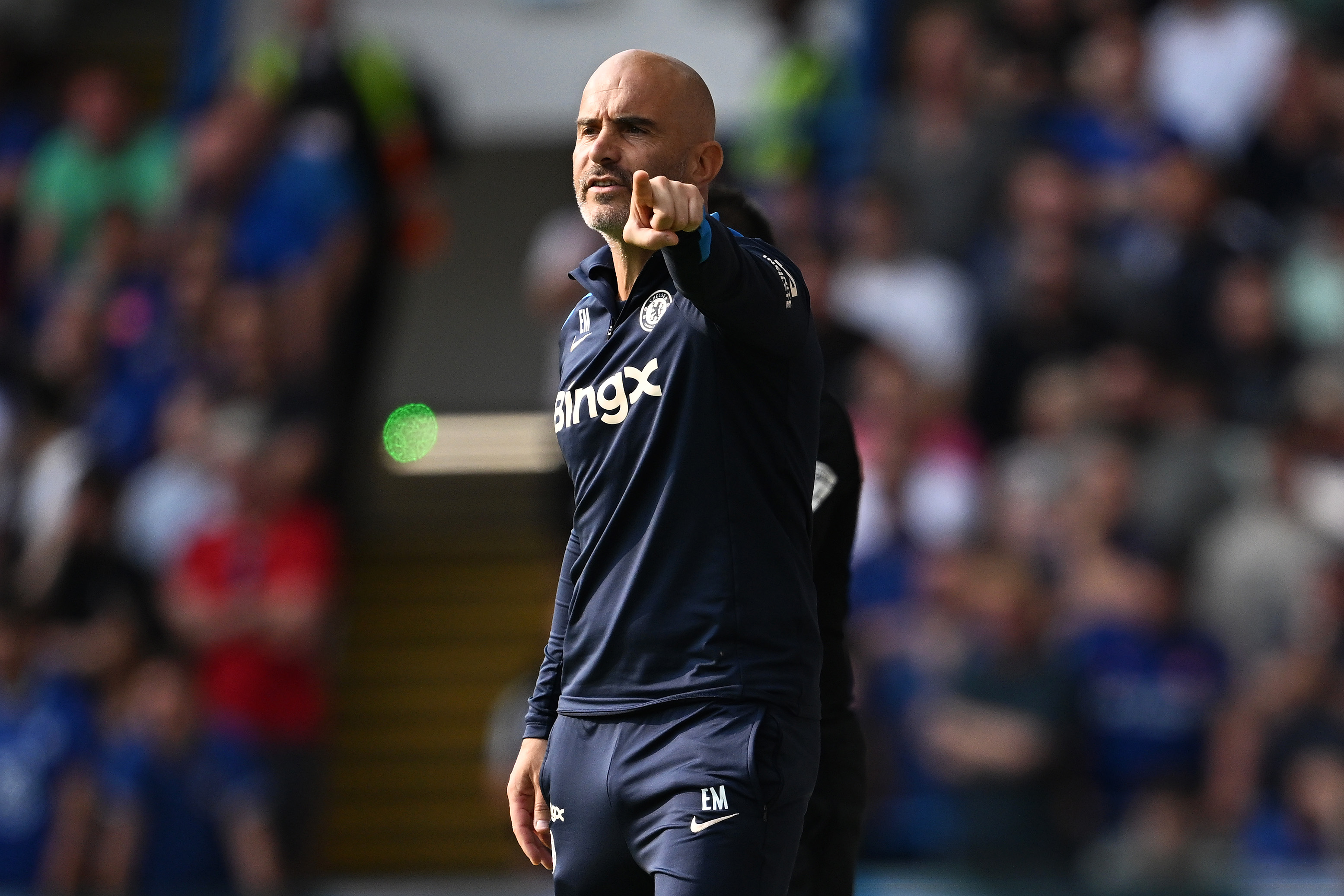‘Chelsea have done nothing wrong because they have kept within the rules, but they certainly haven’t kept within the spirit of the rules’: Football finance expert on issues with PSR

(Image credit: Adam Davy)
Chelsea have looked chaotic with decisions in the boardroom and on the pitch in recent years, with Todd Boehly’s takeover of the club aggravating financial headaches for years to come.
Since Boehly arrived as owner midway through 2022, Chelsea have spent around £1.2bn on player transfers alone. But while that figure has been ridiculed due to the abundance of new players arriving at Stamford Bridge, Chelsea have still managed to stay within the limits of the Premier League‘s Profit and Sustainability rules (PSR).
In short, the PSR allows a maximum loss of £105 million over a three-season period. Due to clever accounting and decisions in the transfer department, Chelsea have managed to stay within the parameters of that figure, despite having paid an extortionate amount on new signings since the beginning of the 2022/23 season.
Chelsea taking advantage of loopholes in Premier League rules

That’s because the club identified a loophole in the rules that allowed them to amortise transfer fees across the duration of the long contracts that they were handing out to new signings, while also selling off assets such as hotels, car parks and the women’s team to sister companies at a sizeable profit. The Premier League recently approved the hotel deal after investigating it, proving they are acting within the rules.
One surefire way to stay within the rules is to maintain a steady stream of player sales alongside the incomings. The current version of PSR allows clubs to bank the full amount of a player sale in the current accounting period, whereas only part of a paid transfer fee is included in the same accounting timeframe.
Selling academy talent – Conor Gallagher, Mason Mount, Ruben Loftus-Cheek, Callum Hudson-Odoi and Lewis Hall – alll contribute as pure profit on the books, too, because they don’t have to make any payments to another club regarding those players.

Kieran Maguire, from the Price of Football podcast, highlights the issue of this. It has laid the groundwork for an informal transfer window for those clubs on the cusp of a PSR breach, with various deals agreed – especially transfers involving homegrown players, who guarantee the biggest profits – to alleviate pressures on the profit and loss account.
“Every other club is doing that, as we saw with all of those unusual transfers just before June 30 – Chelsea, Nottingham Forest, Aston Villa, Newcastle and Everton all involved in something broadly similar that shows the weakness of the rules,” Maguire tells FourFourTwo. “Chelsea have done nothing wrong and that always has to be stressed because they have kept within the rules, but they certainly haven’t kept within the spirit of the rules.
VIDEO: Why Enzo Maresca’s Chelsea Are The Real Deal
“The rules just aren’t fit for purpose, and the Premier League keeps repeating the phrase ‘unintended consequences’ when it comes to the independent regulator. Well, the unintended consequences of PSR is that clubs are effectively targeting the selling of academy players because it makes sense from an accounting point of view.
“That sense of a bond between fans, players and the club is being taken apart to please accountants, and that can’t be right.”


Add Comment